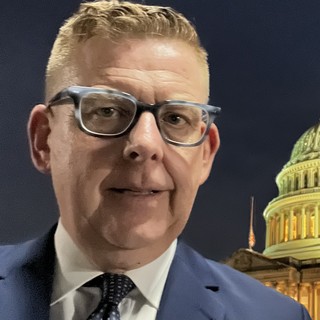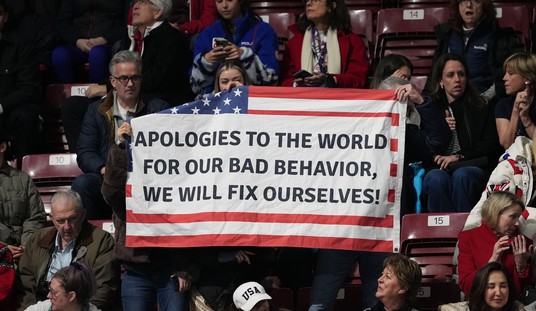A Republican Indiana state senator filed a bill that would disrupt the state’s 340B Drug Discount program, which supports regional hospitals and threatens to add momentum to Big Pharma’s national effort to suppress 340B in other states.
Indiana is a conservative state, but the fight over the bill highlights the difference between the academic conservatism of Ronald Reagan and the practical conservatism of Donald Trump.
Seen through the Reaganism lens, any government program that distorts market efficiency is a bad program, regardless of its goals or outcomes, because the market is always correct.
Trump liberated conservatism from the textbooks, and he made it OK to consider that the real-life consequences of a policy decision are for actual — not theoretical — people.
Congress created the 340B program as part of the 1992 Veterans Health Care Act as a very simple idea. Through the program, pharmaceutical companies participating in Medicaid are required to enter purchase price agreements with the Health and Human Services Department, which cap the price drug manufacturers can charge federally-approved healthcare facilities.
This cap on drug prices is one of the few brakes on the resilient drug inflation my RedState colleague Joe Cunningham reported on in "Inflation May Be Easing, but Drug Prices Aren't."
These facilities can then charge a patient’s insurance a reduced price for the medication, or, which is more common, the facilities charge the patient’s insurance the regular retail price.
These facilities, typically clinics and small hospitals serving rural communities, pocket the difference in the price, in effect supporting the facilities at no cost to the patients.
To qualify for the program, the facilities have to be a disproportionate share hospital, or DSH, serving a higher percentage of economically challenged patients than mainstream facilities. They must also be either government-operated or not-for-profit.
Obviously, the 340B program is despised by the drug manufacturers, and they are pushing laws and regulations that will curtain or shutter participation.
For Indiana rural communities, the 340B program is critical because the state’s rural hospitals are on life support. According to the Center for Healthcare Quality and Payment Reform, 150 rural hospitals have closed between 2005 and 2019 across the country, including four in Indiana, along with 13 that have reduced services since 2005.
Of the Hoosier State’s 52 rural hospitals, 35 have 25 or fewer beds.
Consider the challenges facing a rural hospital with just 25 beds, let alone 10. We are in an economy where supermarkets considered huge 20 or 30 years ago are closed and converted to inside flea markets or gyms.
All the pressures that closed businesses downtown and supplanted them with Super Walmarts and Home Depots have been buffeting the rural hospitals the whole time.
In many ways, these small hospitals strung together across the farmland form a safety net that helps make rural life and farming possible — sometimes, it is just knowing it is there.
The bill, sponsored by state Sen. Ed Charbonneau (R.-District 5), would require 340B hospitals to make annual reports with their total costs for 340B prescription drugs, total payments received for 340B prescription drugs, total payments to 340B contract pharmacies, the total claims for 340B drugs and a summary of how the facility used the proceeds to improve healthcare to the indigent.
Charbonneau’s bill seems like no burden at all, which would be true if the facility is a large suburban or city hospital with a robust administrative staff.
If you own a small business, you do not need an explanation. It is the same reason truly small businesses do not take advantage of the myriad tax breaks supposedly targeted to help small businesses.
Beyond the administrative cost, there is the compliance risk, which is a fancy way of saying: “Make a mistake and see what happens to you.”
What is Charbonneau’s deal anyway?
The state senator is not a big fundraiser, but in the 2022 cycle, $4,500 of his $53,000 raised came from pharmaceutical companies like Eli Lilly, Gilead, Glaxo, and Pfizer.
These contributions do not mean that Big Pharma owns and controls him, but it's apparent they do not hate him.
Michigan, Maine, and Washington enacted 340B reporting requirements in 2023. What are the chances conservative Indiana will become the first state in 2024 to emulate these dark blue states?
The bottom line is that post-Trump conservatives look around and consider the impact of the policy on themselves and their community.
In 2020, Trump won the state with 57 percent of the vote. Of the 92 counties, there were 60 where the president won with 70 percent or more. Those Trump counties are the most rural counties in the state — and maybe the country.
If the Charbonneau bill becomes law, the people hurt are going to be Trump voters.
That should matter to anyone who depends on votes for their living.















Join the conversation as a VIP Member